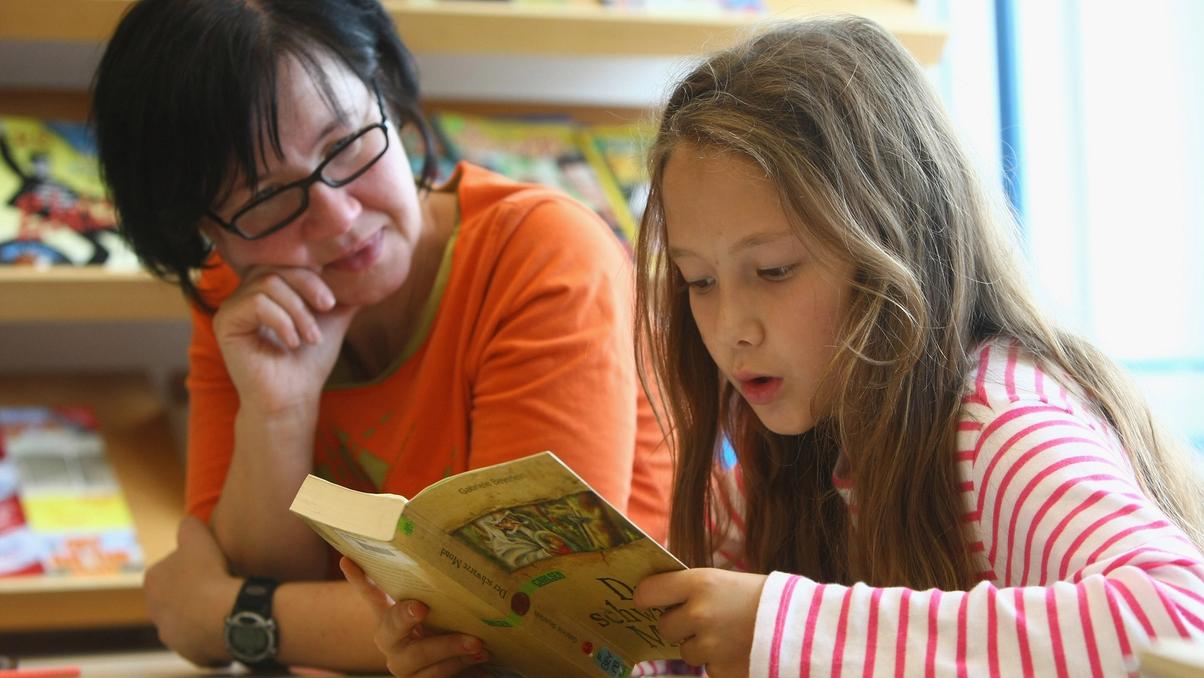How Science Might Help The Next Generation Become Better Readers
Some educators say traditional methods just aren't cutting it. Photo by Sean Gallup/Getty Images
Photo by Sean Gallup/Getty Images
News that is entertaining to read
Subscribe for free to get more stories like this directly to your inboxWhen you think of science as part of a grade-school curriculum, you might instinctively picture a beaker-filled lab where kids engage in a variety of experiments.
But science is a major part of just about every subject taught in schools around the world — and many folks are demanding that it be a bigger focus when teaching kids how to read.
Addressing a serious need
In communities across the United States, students are struggling to maintain grade-level competence in reading. While learning loss caused by COVID-19 school shutdowns is clearly a factor, this trend predates the pandemic.
Now, elected officials and education advocates alike are calling for an entirely new approach.
By taking into account the so-called “science of reading,” proponents say students of all types — regardless of factors like learning disabilities or socioeconomic status — can benefit.
Nearly half of all states have taken action to reform their educational system in just the past two years as it becomes increasingly clear that a change is needed to help the roughly 1 in 3 kids who are unable to read at a basic level.
Agreeing on a solution
While activists from across the ideological spectrum understand that there’s a problem, not everyone is on the same page regarding what steps need to be taken to address it.
One of the most popular options is a strategy called “balanced literacy.” Instead of emphasizing phonics, it seeks to build a love of stories that gives students a desire to become better readers.
So who’s against it? Some teachers believe redefining how reading is taught would result in confusion and only set students back even further.
While cognitive scientist Mark Seidenberg is optimistic that the science of reading will emerge successful, he cautioned: “Nobody has won until we’ve actually seen we’ve improved literacy outcomes.”
 Why Is The Aging Voyager 1 Probe Sending Back Incoherent Communications?
It's been speaking gibberish for a few months and officials are concerned.
Why Is The Aging Voyager 1 Probe Sending Back Incoherent Communications?
It's been speaking gibberish for a few months and officials are concerned. One Woman’s Massive Donation Is Wiping Out Tuition At This Medical School
Her inheritance came with the instruction to do "whatever you think is right."
One Woman’s Massive Donation Is Wiping Out Tuition At This Medical School
Her inheritance came with the instruction to do "whatever you think is right." Woman’s Pets Will Inherit Her Multimillion-Dollar Fortune, Not Her Kids
It's not the first time four-legged heirs were named in a will.
Woman’s Pets Will Inherit Her Multimillion-Dollar Fortune, Not Her Kids
It's not the first time four-legged heirs were named in a will.